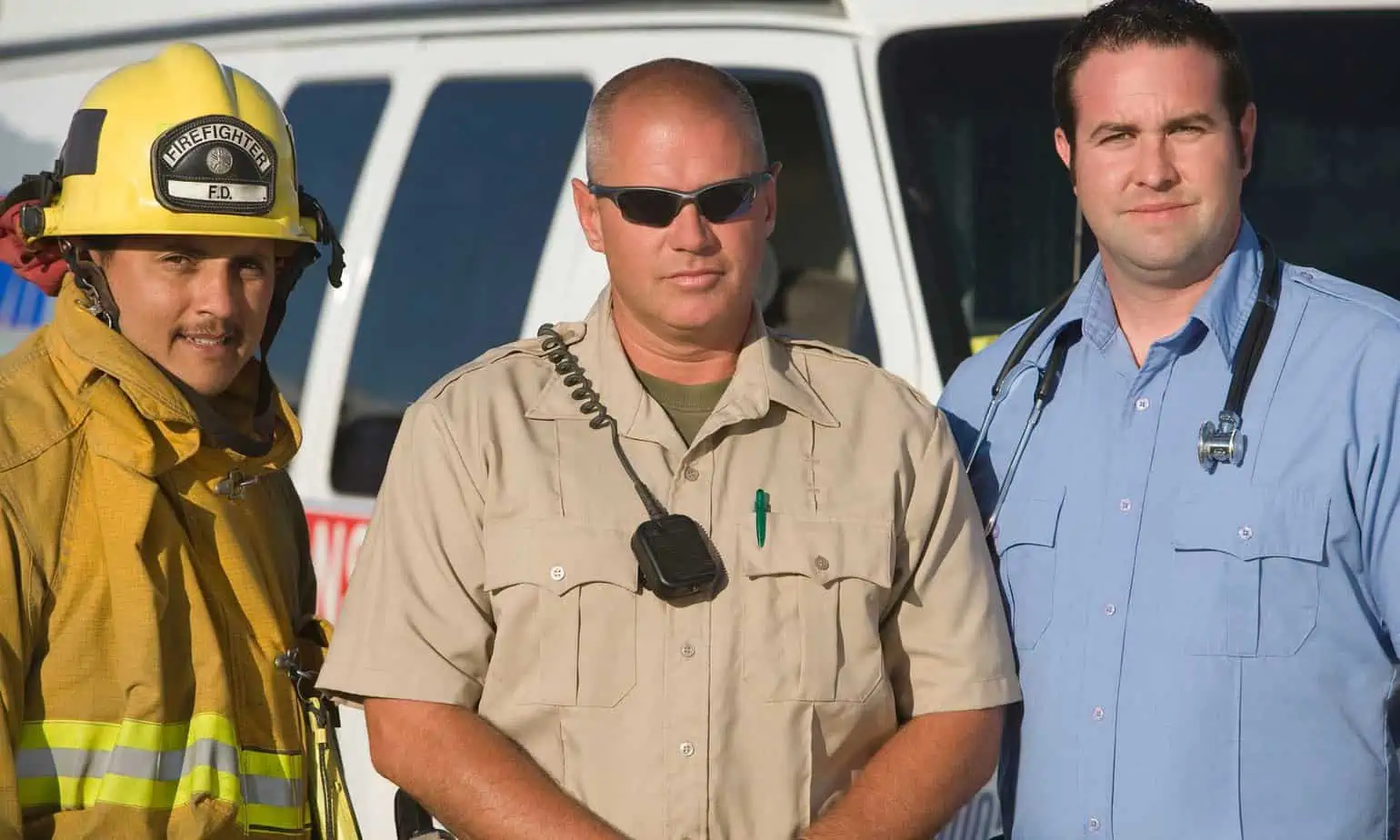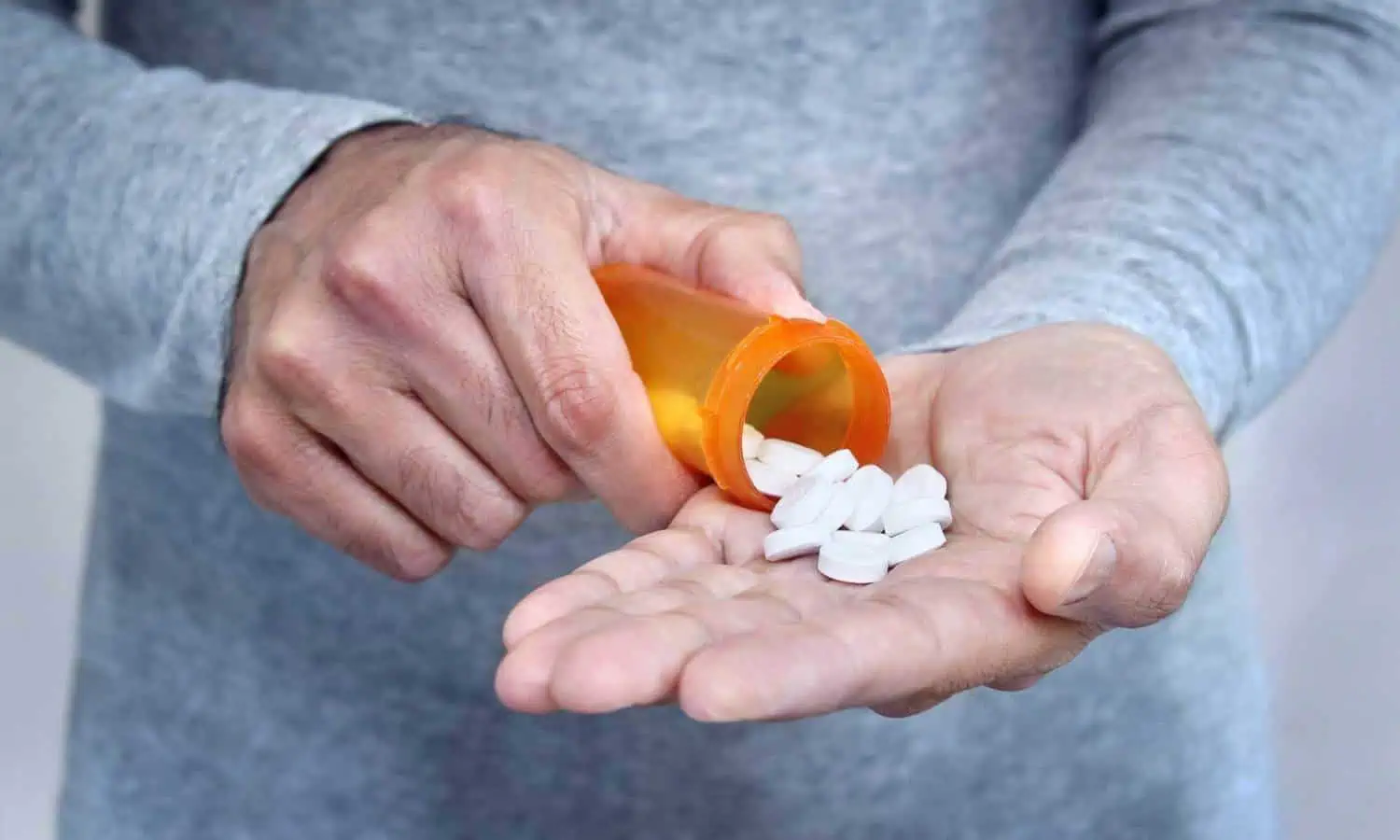They’re always there when you need them—firefighters, police officers, and EMTs. Day after day, while others run away from danger, they run towards it, exposing themselves to stress and trauma in the process. For some, the images of chaos, destruction, injury, violence, and death are impossible to forget.
The Lasting Effects of Trauma
Research suggests that as many as 30 percent of first responders suffer from post-traumatic stress disorder (PTSD). For roughly 20 percent, addiction follows. “We rush into burning fires or deal with the worst injuries — that’s our job, it’s what we’re trained to do. But we’re also human, and sometimes our brains can’t compute the horrible things we see,” says Ken Dillon, a Connecticut state trooper who battled with PTSD and substance abuse after responding to the Sandy Hook shooting.
The stigma surrounding mental health remains a barrier to treatment, causing symptoms of PTSD to go often unnoticed or ignored. “It wasn’t until about four or five years into the job that I felt different. I thought to myself: ‘I’m just stressed and tired, it’ll be alright’, but unfortunately this was not the case and my symptoms became worse,” says John McCormack, a paramedic. “I started to have suicidal thoughts and even had thoughts of driving the ambulance off a hill or into a tree,” he adds. McCormack is far from the only first responder struggling. In 2017, more firefighters and police officers died by suicide than in the line of duty. The Firefighter Behavioral Health Alliance believes the suicide rate among first responders is even higher than reported.
Recognizing Symptoms of PTSD
Research shows that the impact of trauma has a cumulative effect, meaning that the more trauma one is exposed to, the higher the risks of developing PTSD. First responders experience trauma day after day. Recognizing the symptoms early can be life-saving.
Common Symptoms of PTSD
Re-experiencing: Many who suffer from PTSD find themselves reliving the traumatic event over and over. This can happen in the form of nightmares or flashbacks, which are often triggered by a certain sight, sound, or smell. For many first responders, the question, “What’s the worst thing you’ve seen on the job?” can also be triggering.
Avoidance: Avoiding places, people, or things that remind them of the traumatic event is a common symptom of PTSD. So is trying to not talk or even think about the event.
Negative Changes in Thinking and Mood: Trauma takes a tremendous toll on the mind and can lead to difficulty concentrating, memory loss, feeling detached, depression, changes in mood, emotional numbness, and suicidal ideation.
Changes in Physical and Emotional Reactions: Feeling uneasy and on edge is common among those struggling with PTSD. This can manifest as fear, agitation, irritability, trouble sleeping, and substance use and abuse.
Getting Help for First Responders
As helpers, first responders often struggle to ask for help. It’s easy for them to dismiss early signs of mental health issues as everyday stress or tiredness. Often, it is up to those around them to recognize the signs and urge them to get the help they need. Loved ones of first responders can help by:
- Regularly asking what is on their mind
- Encouraging them to practice wellness: exercising regularly, getting enough sleep, meditating
- Establishing routines at home
- Being patient
- Encouraging them to seek professional help
While having an at-home support system is key for the well-being of first responders, additional help is necessary to treat serious mental health disorders, such as PTSD. Some mental resources available include:
First Responder Support Groups: A peer-to-peer support group designed to connect first responders with others who have been through similar experiences in a safe, judgment-free space.
Safe Call Now (1-206-459-3020): A 24/7 helpline staffed by first responders, offering assistance with treatment options for mental health and substance abuse.
National Suicide Prevention Lifeline: A 24/7 free and confidential hotline offering support for people in distress as well as prevention and crisis resources for loved ones.
National Alliance for Mental Illness: A national organization offering mental health support and education for individuals and their families.
If you or a loved one is struggling with addiction, Mountainside can help.
Click here or call (888) 833-4676 to speak with one of our addiction treatment experts.

 By
By 







